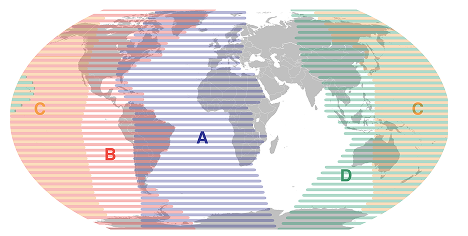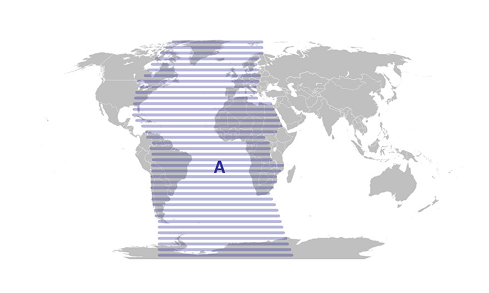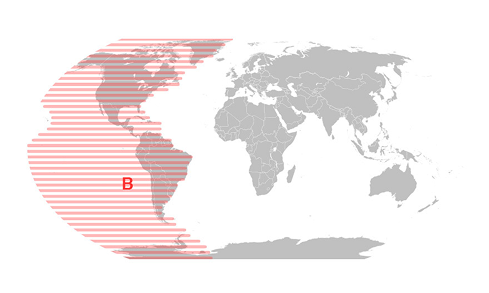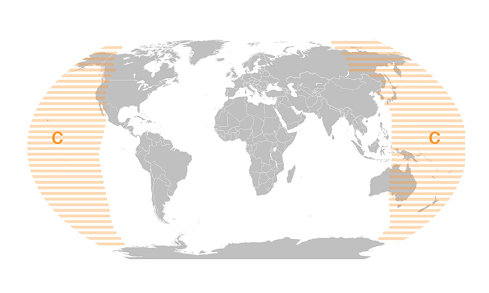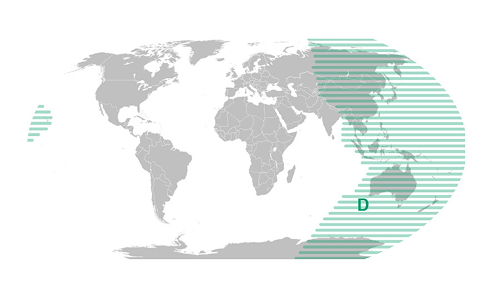
Why We Say "You're Okay"
If you spend any time at a place there where are children, you will often hear a version of these two words: “you’re okay”.
A child falls down: “you’re fine. Get up! Go play.”
A child gets scared: “you’re okay. Everything's fine.”
A child cries: “don’t cry. You’re okay.”
It’s understandable why we say these words. In some circumstances, we might feel bad for the child and we want them to start feeling better so we say the words and actually mean, “oh no, I’m so sorry! I hope you feel better soon”. In other circumstances, we might be inconvenienced by the child’s emotions and say the words but actually mean, “please go back to being okay because this is not a good time for me”. Or maybe their feelings are too much for us and we say the words but actually mean, “I don’t know what to do for you, so please don’t need me in this way”.
These two words are part of our cultural norm. Parents all over are saying these words. Teachers are saying these words. Childcare workers are saying these words. Grandparents are saying these words. To hold your child in these moments and NOT say these words, is often seen as odd.
What happens, though, when a child hears these words?
A child falls and is scared and hurt. They look to the most important person in the world. This person is their everything: their source of learning, their source of love, their source of making sense of a confusing world. They have big hurt feelings and they hear, “you’re okay”. Those words do not match up with their internal experience of being not-okay.
A parent does something that makes the child mad. Maybe the parent needed to have a Take Charge moment and the child is mad. Maybe the parent miscued the child. Either way, the child is left feeling conflicted. The child knows something happened but you are acting like nothing happened. It is very confusing and a child probably does have a right to not be okay.
When any of us are in a not-okay place, it is not usually helpful to hear someone say, “you’re okay”. Adults don’t often say this to other adults because it could be hurtful and awkward. If you had a terrible day at work or fall and bang up your arms, it is unlikely that your best friend would say, “you’re fine. Everything is okay” and move on.
Telling a child that they are okay when they are not okay, especially if we are responsible for the not okay, is a rupture to the relationship. It causes children to question us but also, to question themselves.
Being not-okay and not being able to express it causes emotional dissonance. We have to develop a coping strategy for dealing with that dissonance and if we can’t bring it to a safe relationship, we will develop an unhelpful or unhealthy way to cope. Over time, it may develop into intense anger issues, depression, anxiety, substance abuse, isolation and more.
What could happen if we eliminated those words? If we recognized the mad, the sad, the hurt and allowed our child to be not-okay? How could we grow if we, as parents, experienced intense not-okay moments with our child and supported it?
Saying "you're okay" stops the child from using the relationship as a resource. Eliminating those words opens up big possibilities for the child to explore not-okay and options of soothing. Security often grows in the moments when something important happens when otherwise, nothing would happen.



